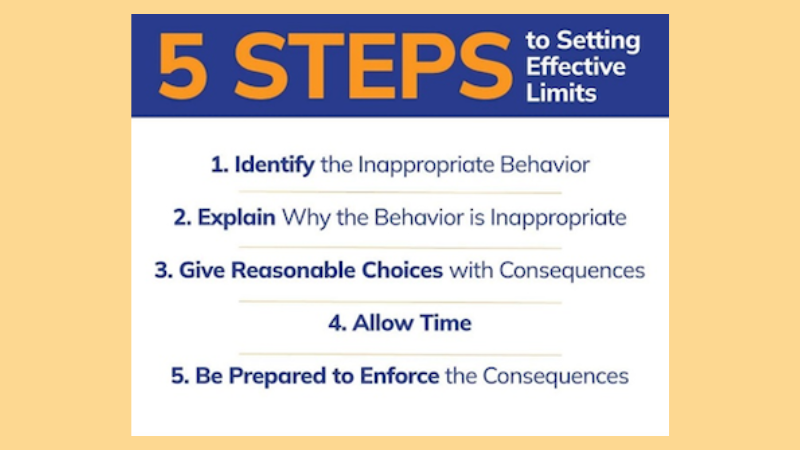Tips from CAPS: Setting realistic and healthy boundaries
By University Counselor Patricia Dixon
Being able to focus is an essential part of any college program. When we fail to set effective expectations and boundaries, things can become chaotic. Our bodies react and sometimes there can be lasting consequences.
Signs that indicate your boundaries may be challenged could include any or all the following:
Having the ability to verbalize your boundaries in a way that maintains self-respect is essential for mental health. Here are some words and phrases to help you assertively express your boundaries:

Resources
6 subtle signs your boundaries are being broken
12 signs you lack healthy boundaries (and why you need them)
10 reasons why your boundaries don't work
18 signs you lack personal boundaries (and feel constantly used)
As you begin a new semester, keep in mind that CAPS is always here for you! You can reach out to me directly at 313-577-3243 or PatriciaDixon@wayne.edu. If you need help after hours or on the weekend, call CAPS at 313-577-9982.
WSU Applebaum offers dedicated Counseling and Psychological Services support to students on a group or individual basis. To get started, visit caps.wayne.edu and complete the initial consultation form, making sure to note that you are an EACPHS student.